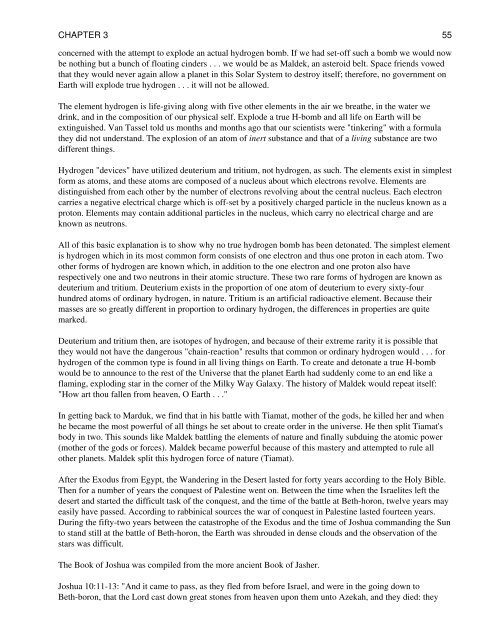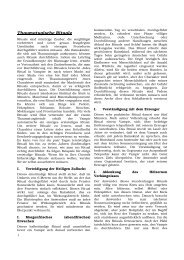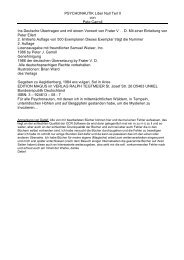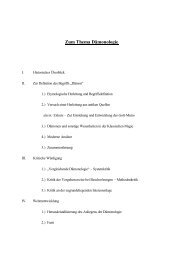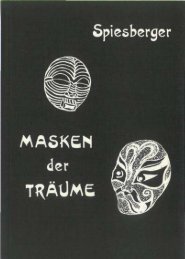CHAPTER 2 CHAPTER 3 CHAPTER 1 CHAPTER 2 CHAPTER 3 ...
CHAPTER 2 CHAPTER 3 CHAPTER 1 CHAPTER 2 CHAPTER 3 ...
CHAPTER 2 CHAPTER 3 CHAPTER 1 CHAPTER 2 CHAPTER 3 ...
You also want an ePaper? Increase the reach of your titles
YUMPU automatically turns print PDFs into web optimized ePapers that Google loves.
<strong>CHAPTER</strong> 3 55<br />
concerned with the attempt to explode an actual hydrogen bomb. If we had set-off such a bomb we would now<br />
be nothing but a bunch of floating cinders . . . we would be as Maldek, an asteroid belt. Space friends vowed<br />
that they would never again allow a planet in this Solar System to destroy itself; therefore, no government on<br />
Earth will explode true hydrogen . . . it will not be allowed.<br />
The element hydrogen is life-giving along with five other elements in the air we breathe, in the water we<br />
drink, and in the composition of our physical self. Explode a true H-bomb and all life on Earth will be<br />
extinguished. Van Tassel told us months and months ago that our scientists were "tinkering" with a formula<br />
they did not understand. The explosion of an atom of inert substance and that of a living substance are two<br />
different things.<br />
Hydrogen "devices" have utilized deuterium and tritium, not hydrogen, as such. The elements exist in simplest<br />
form as atoms, and these atoms are composed of a nucleus about which electrons revolve. Elements are<br />
distinguished from each other by the number of electrons revolving about the central nucleus. Each electron<br />
carries a negative electrical charge which is off-set by a positively charged particle in the nucleus known as a<br />
proton. Elements may contain additional particles in the nucleus, which carry no electrical charge and are<br />
known as neutrons.<br />
All of this basic explanation is to show why no true hydrogen bomb has been detonated. The simplest element<br />
is hydrogen which in its most common form consists of one electron and thus one proton in each atom. Two<br />
other forms of hydrogen are known which, in addition to the one electron and one proton also have<br />
respectively one and two neutrons in their atomic structure. These two rare forms of hydrogen are known as<br />
deuterium and tritium. Deuterium exists in the proportion of one atom of deuterium to every sixty-four<br />
hundred atoms of ordinary hydrogen, in nature. Tritium is an artificial radioactive element. Because their<br />
masses are so greatly different in proportion to ordinary hydrogen, the differences in properties are quite<br />
marked.<br />
Deuterium and tritium then, are isotopes of hydrogen, and because of their extreme rarity it is possible that<br />
they would not have the dangerous "chain-reaction" results that common or ordinary hydrogen would . . . for<br />
hydrogen of the common type is found in all living things on Earth. To create and detonate a true H-bomb<br />
would be to announce to the rest of the Universe that the planet Earth had suddenly come to an end like a<br />
flaming, exploding star in the corner of the Milky Way Galaxy. The history of Maldek would repeat itself:<br />
"How art thou fallen from heaven, O Earth . . ."<br />
In getting back to Marduk, we find that in his battle with Tiamat, mother of the gods, he killed her and when<br />
he became the most powerful of all things he set about to create order in the universe. He then split Tiamat's<br />
body in two. This sounds like Maldek battling the elements of nature and finally subduing the atomic power<br />
(mother of the gods or forces). Maldek became powerful because of this mastery and attempted to rule all<br />
other planets. Maldek split this hydrogen force of nature (Tiamat).<br />
After the Exodus from Egypt, the Wandering in the Desert lasted for forty years according to the Holy Bible.<br />
Then for a number of years the conquest of Palestine went on. Between the time when the Israelites left the<br />
desert and started the difficult task of the conquest, and the time of the battle at Beth-horon, twelve years may<br />
easily have passed. According to rabbinical sources the war of conquest in Palestine lasted fourteen years.<br />
During the fifty-two years between the catastrophe of the Exodus and the time of Joshua commanding the Sun<br />
to stand still at the battle of Beth-horon, the Earth was shrouded in dense clouds and the observation of the<br />
stars was difficult.<br />
The Book of Joshua was compiled from the more ancient Book of Jasher.<br />
Joshua 10:11-13: "And it came to pass, as they fled from before Israel, and were in the going down to<br />
Beth-boron, that the Lord cast down great stones from heaven upon them unto Azekah, and they died: they


